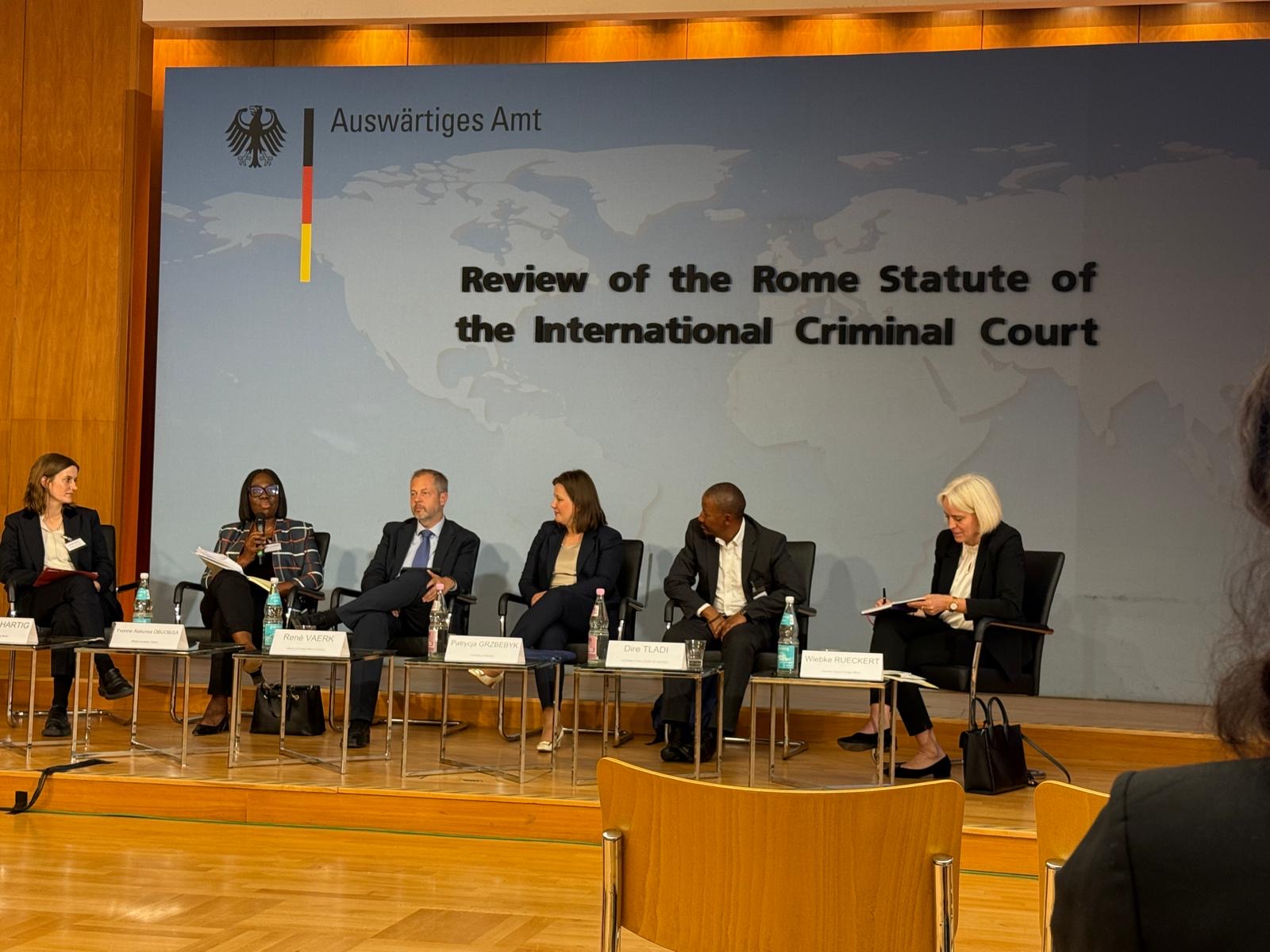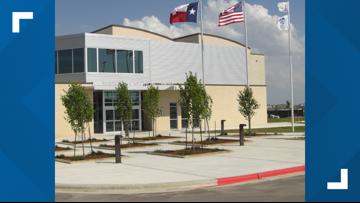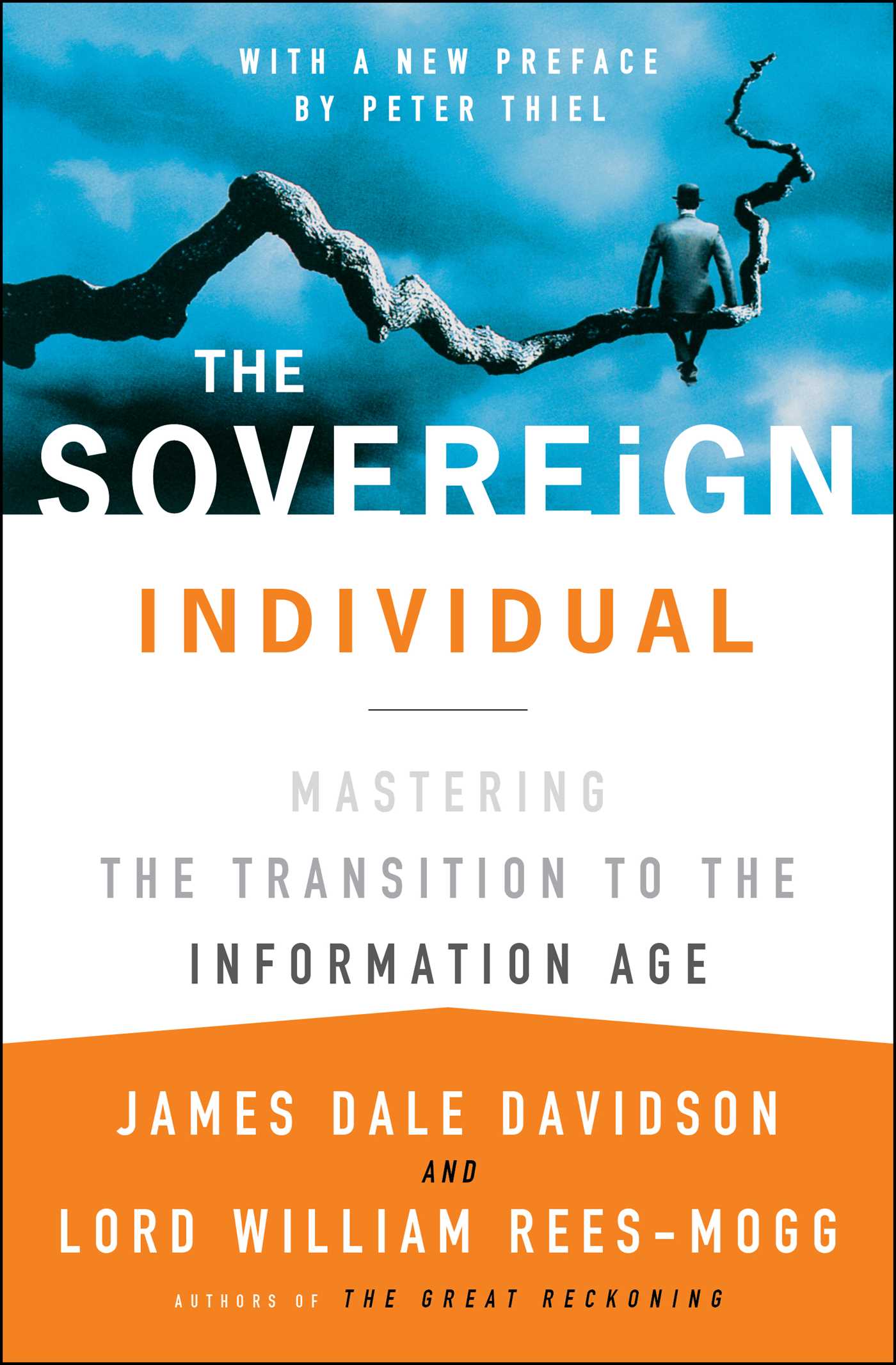![“The Massalit Will Not Come Home”: Ethnic Cleansing and Crimes Against Humanity in El Geneina, West Darfur, Sudan [EN/AR/DE/SW] - Sudan](https://news.<span class='tooltipsall tooltip_post_id_1210 classtoolTips1210'>sdgtalks.ai</span>/wp-content/uploads/2024/05/the-massalit-will-not-come-home-ethnic-cleansing-and-crimes-against-humanity-in-el-geneina-west-darfur-sudan-en-ar-de-sw-sudan.png)
Sudan: Ethnic Cleansing in West Darfur
Thousands Killed, Half Million Remain Displaced
- Attacks by the Rapid Support Forces and allied militias in El Geneina, capital of Sudan’s West Darfur state, killed at least thousands of people and left hundreds of thousands as refugees.
- Committing serious violations that targeted the Massalit people and other non-Arab communities with the apparent objective of at least having them permanently leave the region constitutes ethnic cleansing.
- The United Nations and African Union should urgently impose an arms embargo on Sudan, sanction those responsible for serious crimes and deploy a mission to protect civilians.
(Nairobi, May 9, 2024) – Attacks by the Rapid Support Forces (RSF) and allied militias in El Geneina, the capital city of Sudan’s West Darfur state, from April to November 2023, killed at least thousands of people and left hundreds of thousands as refugees, Human Rights Watch said in a report released today. The crimes against humanity and widespread war crimes were committed in the context of an ethnic cleansing campaign against the ethnic Massalit and other non-Arab populations in and around El Geneina.
The 218-page report, “‘The Massalit Will Not Come Home’: Ethnic Cleansing and Crimes Against Humanity in El Geneina, West Darfur, Sudan,” documents that the Rapid Support Forces, an independent military force in armed conflict with the Sudan military, and their allied mainly Arab militias, including the Third-Front Tamazuj, an armed group, targeted the predominantly Massalit neighborhoods of El Geneina in relentless waves of attacks from April to June. Abuses escalated again in early November. The attackers committed other serious abuses such as torture, rape, and looting. More than half a million refugees from West Darfur have fled to Chad since April 2023. As of late October 2023, 75 percent were from El Geneina.
“As the UN Security Council and governments wake up to the looming disaster in El Fasher, the large-scale atrocities committed in El Geneina should be seen as a reminder of the atrocities that could come in the absence of concerted action,” said Tirana Hassan, executive director at Human Rights Watch. “Governments, the African Union, and the United Nations need to act now to protect civilians.”
Targeting the Massalit people and other non-Arab communities by committing serious violations against them with the apparent objective of at least having them permanently leave the region constitutes ethnic cleansing. The particular context in which the widespread killings took place also raises the possibility that the RSF and their allies have the intent to destroy in whole or in part the Massalit in at least West Darfur, which would indicate that genocide has been and/or is being committed there.
Between June 2023 and April 2024, Human Rights Watch interviewed more than 220 people in Chad, Uganda, Kenya, and South Sudan, as well as remotely. Researchers also reviewed and analyzed over 120 photos and videos of the events, satellite imagery, and documents shared by humanitarian organizations to corroborate accounts of grave abuses.
The violence in El Geneina began nine days after fighting broke out in Khartoum, Sudan’s capital city, between the Sudanese Armed Forces (SAF), Sudan’s military, and the RSF. On the morning of April 24, the RSF clashed with a Sudanese military convoy travelling through El Geneina. Then the RSF and its allied groups attacked majority Massalit neighborhoods, clashing with predominantly Massalit armed groups defending their communities. Over the following weeks – and even after Massalit armed groups lost control of their neighborhoods – the RSF and allied militias systematically targeted unarmed civilians.
The violence culminated in a large-scale massacre on June 15, when the RSF and its allies opened fire on a kilometers-long convoy of civilians desperately trying to flee, escorted by Massalit fighters. The RSF and militias pursued, rounded up, and shot men, women, and children who ran through the streets or tried to swim across the fast-flowing Kajja river. Many drowned. Older people and injured people were not spared.
A 17-year-old boy described the killing of 12 children and 5 adults from several families: “Two RSF forces … grabb[ed] the children from their parents and, as the parents started screaming, two other RSF forces shot the parents, killing them. Then they piled up the children and shot them. They threw their bodies into the river and their belongings in after them.”
That day and in subsequent days, the attacks continued on tens of thousands of civilians who tried to cross into Chad, leaving the countryside strewn with bodies. Videos published at the time show crowds of civilians running for their lives on the road linking El Geneina to Chad.
Human Rights Watch also documented the killing of Arab residents and the looting of Arab neighborhoods by Massalit forces, and Sudanese Armed Forces’ use of explosive weapons in populated areas in ways that caused unnecessary harm to civilians and civilian objects.
The RSF and allied militias escalated their abuses again in November, targeting Massalit people who had found refuge in the El Geneina suburb of Ardamata, rounding up Massalit men and boys and, according to the UN, killing at least 1,000 people.
During the course of these abuses, women and girls were raped and subjected to other forms of sexual violence, and detainees were tortured and otherwise ill-treated. The attackers methodically destroyed critical civilian infrastructure, targeting neighborhoods and sites, including schools, in primarily Massalit displaced communities. They looted on a grand scale; and burned, shelled, and razed neighborhoods to the ground, after emptying them of residents.
These acts were committed as part of a widespread and systematic attack directed against the Massalit and other non-Arab civilian populations of Massalit-majority neighborhoods, and as such also constitute the crimes against humanity of murder, torture, persecution, and forcible transfer of the civilian population, Human Rights Watch said.
The possibility that genocide has been and/or is being committed in Darfur requires urgent action from all governments and international institutions to protect civilians. They should ensure investigation as to whether the facts demonstrate a specific intent on the part of the RSF leadership and its allies to destroy in whole or in part the Massalit and other non-Arab ethnic communities in West Darfur, that is, to commit genocide. If so, they should act to prevent its further perpetration, and to ensure those responsible for its planning and conduct are brought to justice.
The global community should support the investigations of the International Criminal Court (ICC), while states party to the court should ensure it has
SDGs, Targets, and Indicators
-
SDG 16: Peace, Justice, and Strong Institutions
- Target 16.1: Significantly reduce all forms of violence and related death rates everywhere
- Target 16.3: Promote the rule of law at the national and international levels and ensure equal access to justice for all
- Indicator: Number of deaths and injuries from violence and conflict
-
SDG 10: Reduced Inequalities
- Target 10.2: By 2030, empower and promote the social, economic, and political inclusion of all, irrespective of age, sex, disability, race, ethnicity, origin, religion or economic or other status
- Indicator: Proportion of the population subjected to physical, psychological or sexual violence in the previous 12 months
-
SDG 5: Gender Equality
- Target 5.2: Eliminate all forms of violence against all women and girls in the public and private spheres, including trafficking and sexual and other types of exploitation
- Indicator: Proportion of ever-partnered women and girls subjected to physical, sexual or psychological violence by a current or former intimate partner in the previous 12 months
Table: SDGs, Targets, and Indicators
| SDGs | Targets | Indicators |
|---|---|---|
| SDG 16: Peace, Justice, and Strong Institutions | Target 16.1: Significantly reduce all forms of violence and related death rates everywhere | Number of deaths and injuries from violence and conflict |
| SDG 10: Reduced Inequalities | Target 10.2: By 2030, empower and promote the social, economic, and political inclusion of all, irrespective of age, sex, disability, race, ethnicity, origin, religion or economic or other status | Proportion of the population subjected to physical, psychological or sexual violence in the previous 12 months |
| SDG 5: Gender Equality | Target 5.2: Eliminate all forms of violence against all women and girls in the public and private spheres, including trafficking and sexual and other types of exploitation | Proportion of ever-partnered women and girls subjected to physical, sexual or psychological violence by a current or former intimate partner in the previous 12 months |
Analysis
-
SDG 16: Peace, Justice, and Strong Institutions
The article highlights the ethnic cleansing and serious violations committed in West Darfur, Sudan. This directly relates to SDG 16, which aims to promote peace, justice, and strong institutions. The killings, displacement, and targeted attacks mentioned in the article represent forms of violence and conflict that SDG 16 seeks to reduce. The article calls for urgent action to protect civilians and impose sanctions on those responsible for the crimes.
The specific target under SDG 16 that can be identified is Target 16.1: Significantly reduce all forms of violence and related death rates everywhere. The article mentions the thousands of people killed and the half million displaced as a result of the attacks in West Darfur.
The indicator that can be used to measure progress towards this target is the number of deaths and injuries from violence and conflict. The article provides information on the scale of the violence and its impact on the population, indicating the need for urgent intervention to address this issue.
-
SDG 10: Reduced Inequalities
The article also highlights the targeting of specific ethnic communities, such as the Massalit people, in West Darfur. This raises concerns about inequalities and discrimination based on ethnicity. SDG 10 aims to reduce inequalities and promote social, economic, and political inclusion for all individuals, irrespective of their status.
The specific target under SDG 10 that can be identified is Target 10.2: By 2030, empower and promote the social, economic, and political inclusion of all, irrespective of age, sex, disability, race, ethnicity, origin, religion or economic or other status. The article emphasizes the need to protect the targeted communities and ensure their inclusion and safety.
The indicator that can be used to measure progress towards this target is the proportion of the population subjected to physical, psychological, or sexual violence in the previous 12 months. The article mentions the serious violations committed against the Massalit people and other non-Arab communities, indicating the need to address these forms of violence and discrimination.
-
SDG 5: Gender Equality
Although not explicitly mentioned in the article, it is important to consider the gender dimension of the violence and conflict in West Darfur. SDG 5 focuses on achieving gender equality and empowering all women and girls. The article mentions the rape and sexual violence perpetrated against women and girls during the attacks, highlighting the need to eliminate all forms of violence against them.
The specific target under SDG 5 that can be identified is Target 5.2: Eliminate all forms of violence against all women and girls in the public and private spheres, including trafficking and sexual and other types of exploitation. The article’s mention of sexual violence and other forms of exploitation indicates the urgency to address these issues and ensure the safety and well-being of women and girls.
The indicator that can be used to measure progress towards this target is the proportion of ever-partnered women and girls subjected to physical, sexual, or psychological violence by a current or former intimate partner in the previous 12 months. Although not explicitly mentioned in the article, it is important to consider this indicator to assess the extent of violence against women and girls in the context of the conflict in West Darfur.
Copyright: Dive into this article, curated with care by SDG Investors Inc. Our advanced AI technology searches through vast amounts of data to spotlight how we are all moving forward with the Sustainable Development Goals. While we own the rights to this content, we invite you to share it to help spread knowledge and spark action on the SDGs.
Fuente: reliefweb.int

Join us, as fellow seekers of change, on a transformative journey at https://sdgtalks.ai/welcome, where you can become a member and actively contribute to shaping a brighter future.

![“The Massalit Will Not Come Home”: Ethnic Cleansing and Crimes Against Humanity in El Geneina, West Darfur, Sudan [EN/AR/DE/SW] – Sudan “The Massalit Will Not Come Home”: Ethnic Cleansing and Crimes Against Humanity in El Geneina, West Darfur, Sudan [EN/AR/DE/SW] – Sudan](https://news.sdgtalks.ai/wp-content/uploads/2024/05/the-massalit-will-not-come-home-ethnic-cleansing-and-crimes-against-humanity-in-el-geneina-west-darfur-sudan-en-ar-de-sw-sudan.png)





